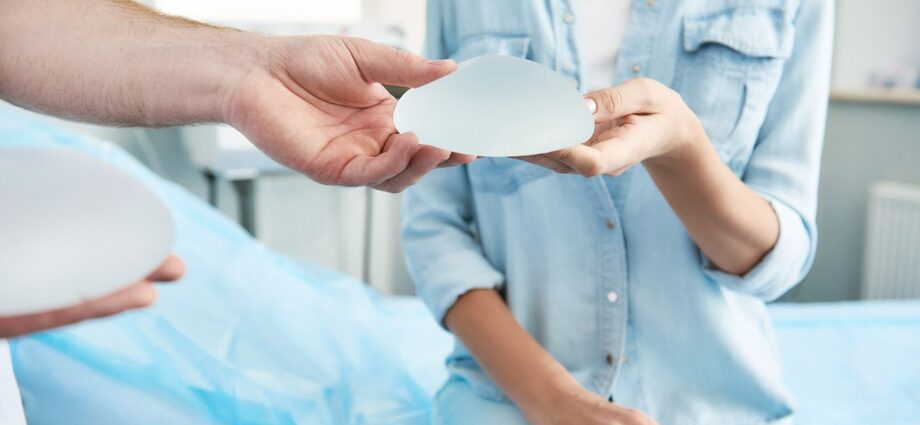Regular breast exams are an essential component of maintaining your health as you age. Regular breast exams are advised beginning at age 40 or earlier if you have a more significant risk factor for breast cancer. If this is your first breast exam, you probably have a lot of questions about what to expect. The topic of whether or not breast exams are painful is a common one.
How long the appointment takes is also another common query faced by professionals. You have to make sure that you research the procedure by yourself to get an idea of whether it will be painful or not. Your healthcare professional will always help you. To learn more, visit the Richmond, VA breast implants.
What Are The Concerns About The Pain Of The Breast Examinations?
Some women may feel unprepared for their first breast exam since they do not know what to expect. Many sources of media describe breast exam appointments with the woman’s breasts squished between metal plates. This is a necessary but relatively painless element of the exam. Acrylic plates with specially shaped shapes are used for breast exams, allowing for the most accurate images to be captured with minimal discomfort to the patient. Many factors contribute to the degree of distress experienced. When you start having cramps, for instance, it might be because of the phase of your menstrual cycle.
It is recommended that you schedule your visit one week after the end of your menstrual cycle. A breast exam may aggravate the sensitivity you feel just before and during your period. The size of your breasts is another element that can affect how uncomfortable you feel. If your breasts are either smaller or larger than typical, you may find the plates to be uncomfortable. The last consideration is the expertise of the technician and how they position your breasts on the plates. Although most people feel no pain at all, some may feel a mild annoyance.
Is There A Possibility Of Cancer?
You should sit and talk about the risk of you having breast cancer with your doctor. Stats say that one in ten women have the possibility of getting diagnosed with breast cancer at some point. Most medical professionals advise that women receive their first mammogram when they turn 40; however, those who are at a higher risk of having or getting breast cancer should get checked out earlier.
Having a family history of breast cancer increases the chance of developing the disease. It is crucial to keep an open line of communication with your doctor about your health because other factors may increase your risk.

